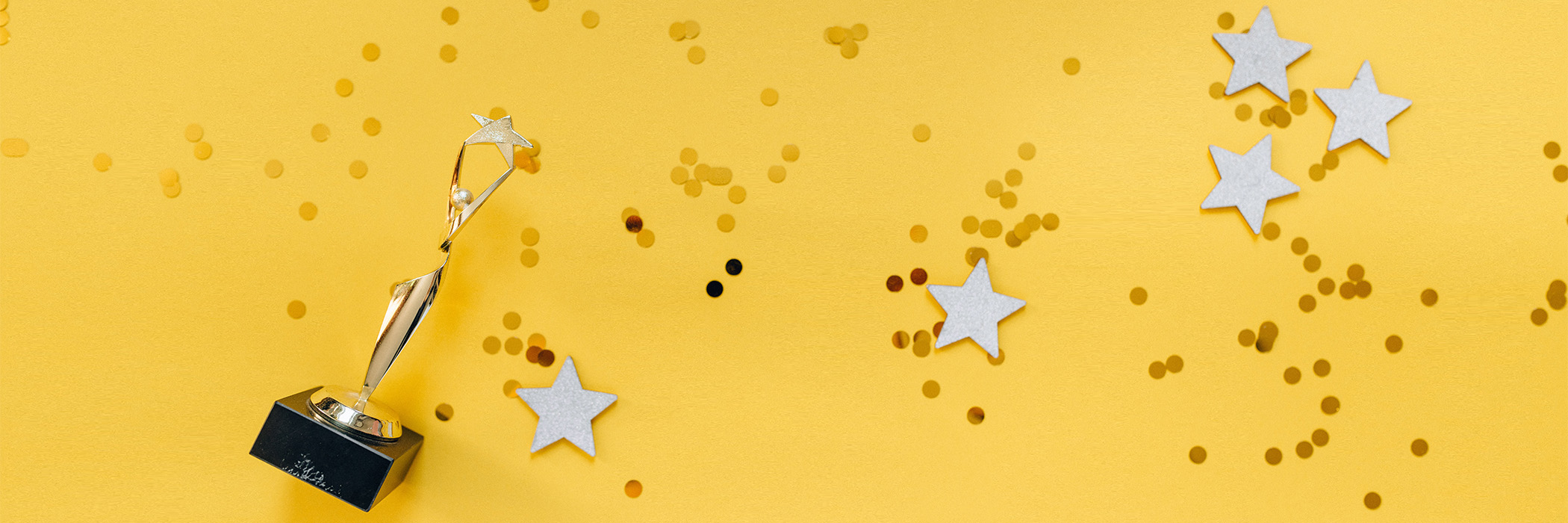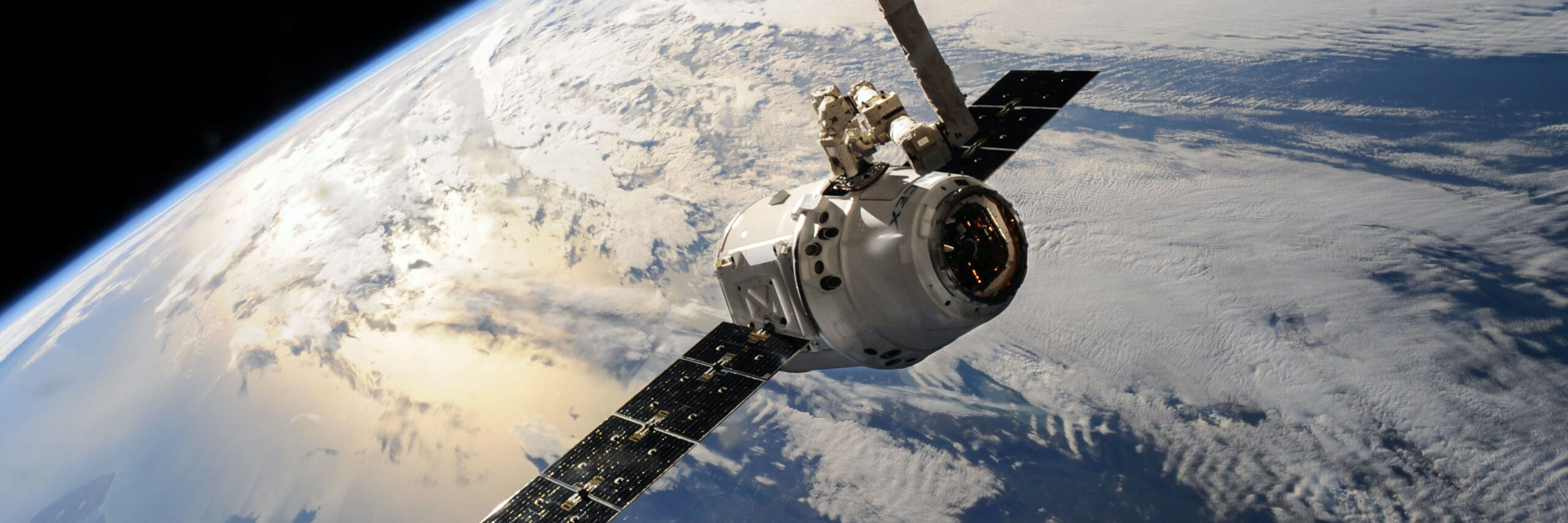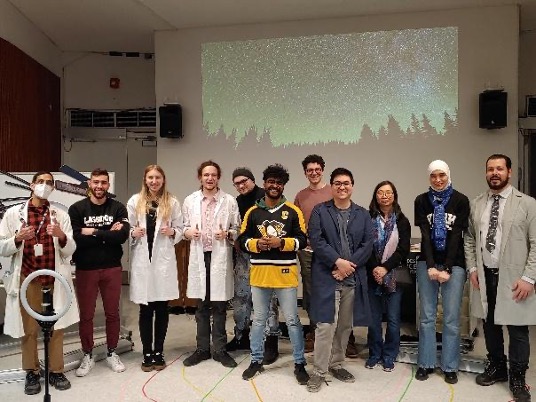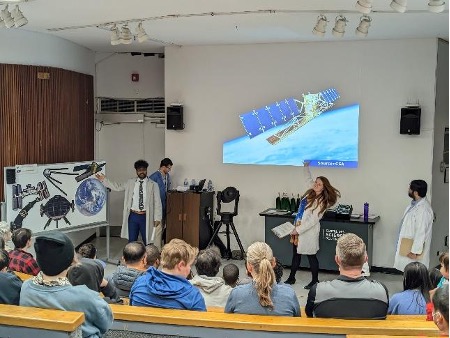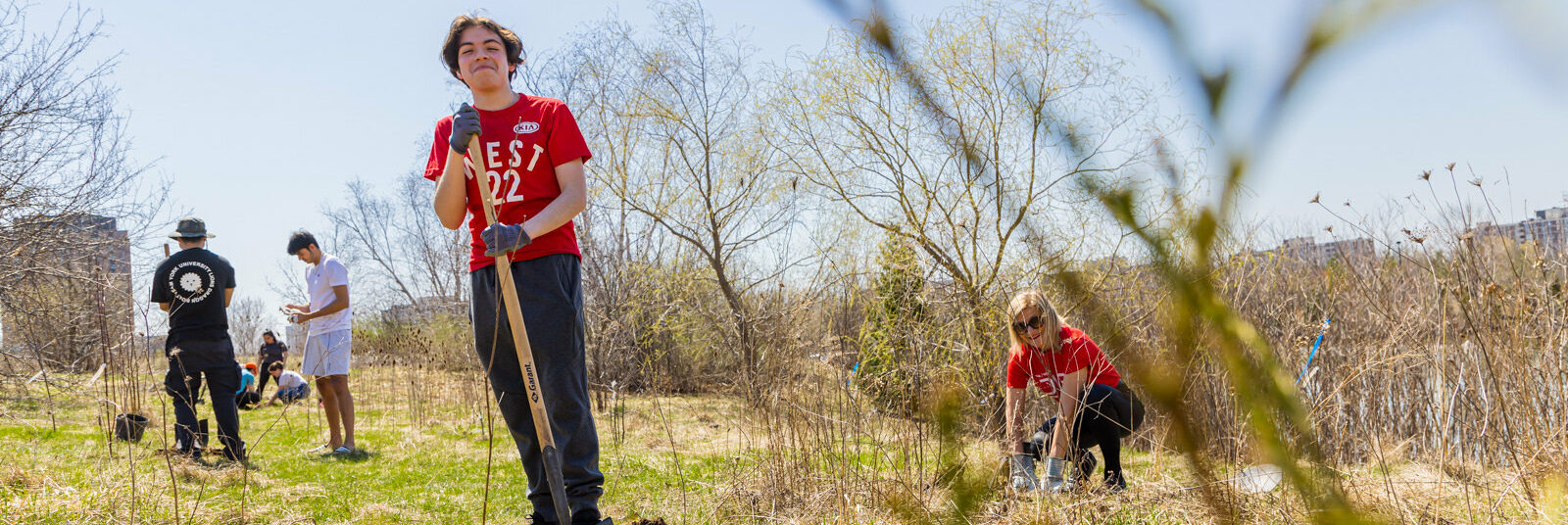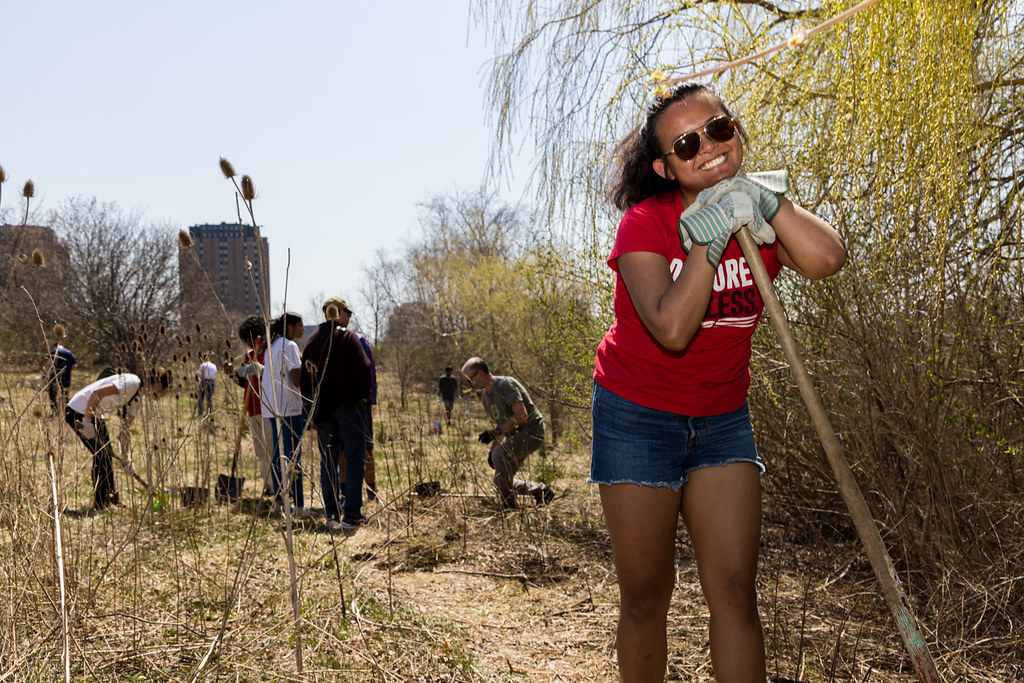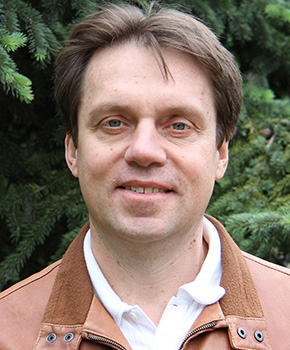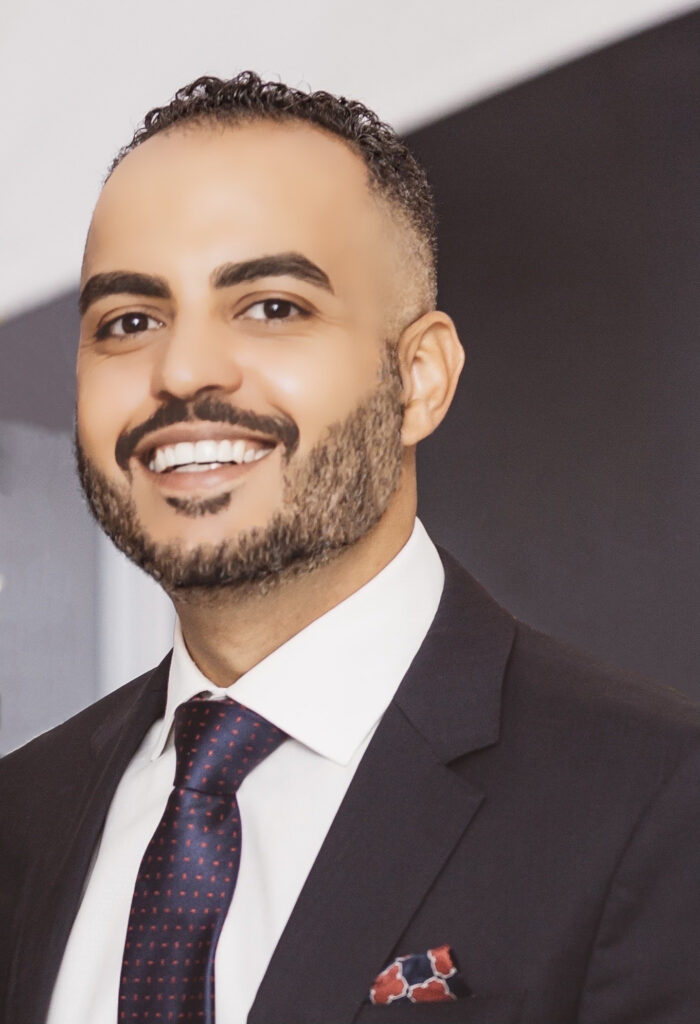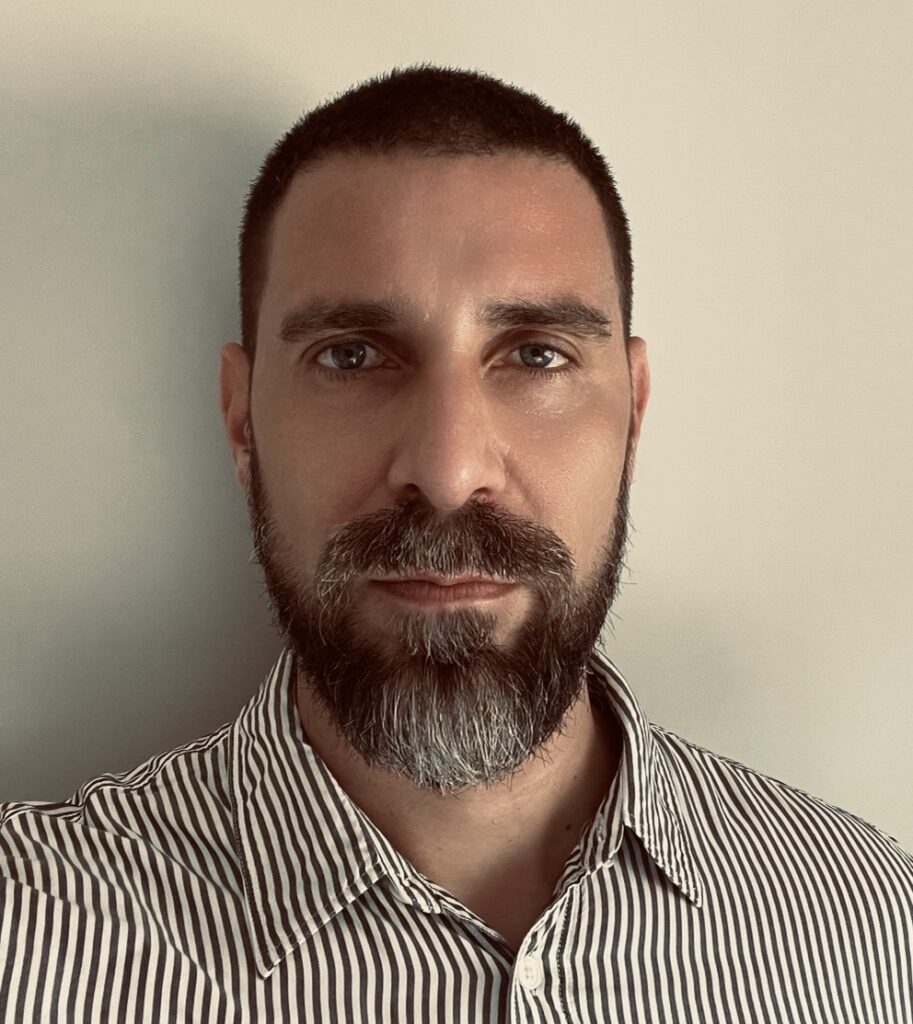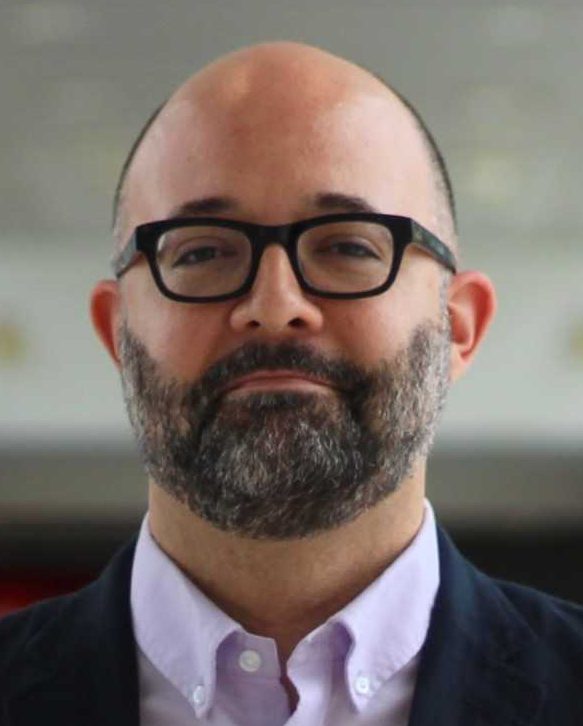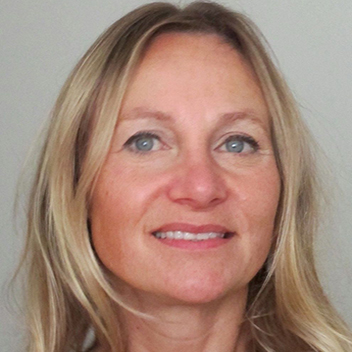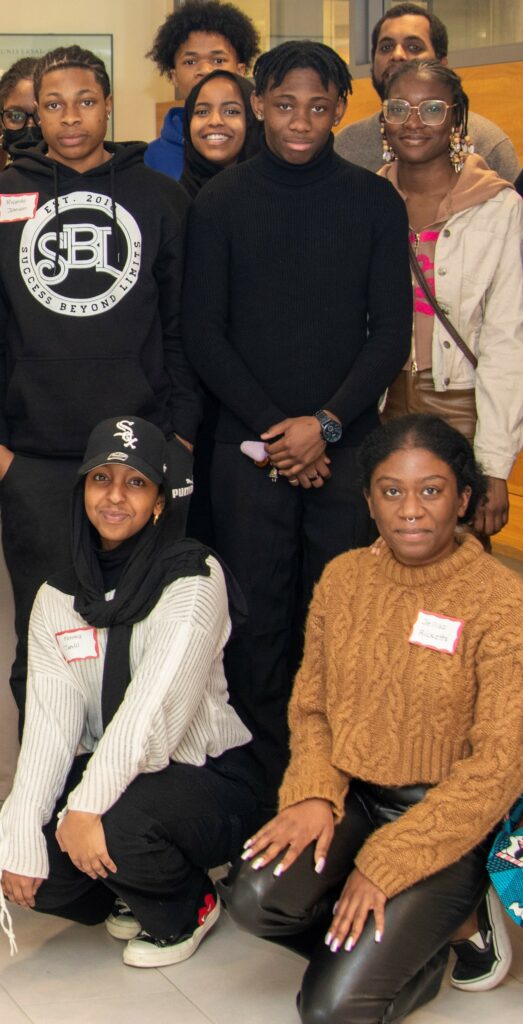By Angela Ward
In the Faculty of Environmental & Urban Change (EUC), students gain hands-on education through a variety of experiences, dismantling the traditional four walls of a classroom.
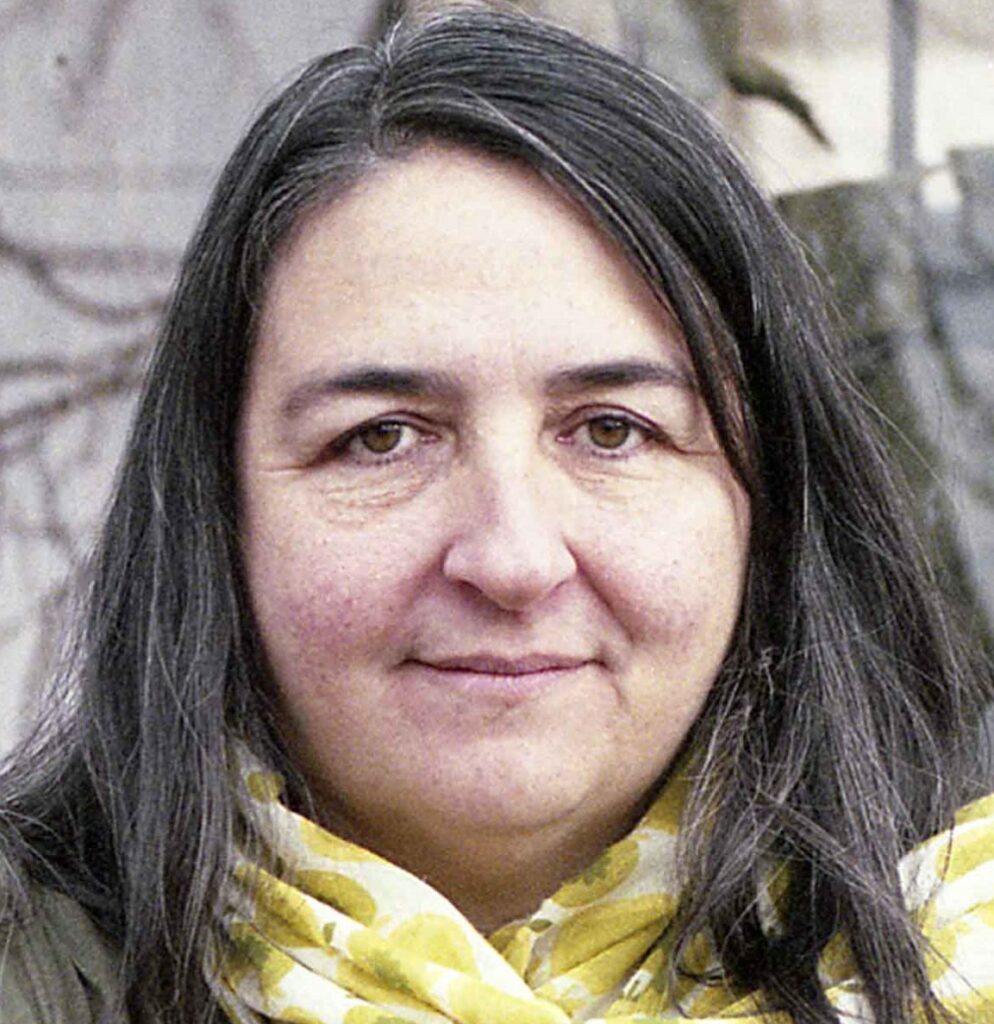
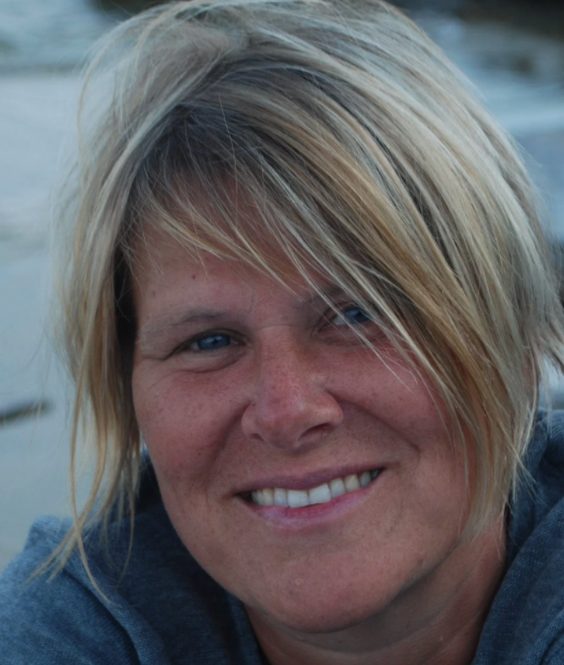
In the Community Arts for Social Change course, taught by Professor Lisa Myers, EUC students collaborated to create the “For the Birds” window mural. Designed out of the student-run Sky Studio Collective and headed by graduate student Phyllis Novak, it now sits outside the first floor of the Health, Nursing and Environmental Studies (HNES) Building. It serves as a reminder to care for the songbirds in the design of built spaces, after the estimated 1,000 deaths each year from window glass.
“The project came out of research in which we considered our relationships with the sky world, and the life cycle of the songbird,” Novak says. “It was great to co-design with 30 students in the class. And to make sure our designs connected with the outdoor space at HNES/EUC including the Native Plant Garden – a great draw and habitat for the more-than-human species around us. I then worked with four EUC students, as a collaborator, to produce the final mural application.”
As director of Maloca Living Labs – Community and Native Plant Gardens, Novak also sees the arts playing key roles in environmental education. “There’s so much opportunity and so much we can do,” Novak explains. “Both the arts and environmentalism serve each other, but the arts are accessible, make way for subjectivity, and offer a more-than-words-alone way to struggle through and communicate about urgent issues such as land, food and racial justice.
“The arts are a great way to archive and map stories that have preceded us in these Anishinaabeg territories, and a modality from which to (re)learn relationships with the natural world that can help us all move forward. Interacting with ‘place’ through the arts broadens ecological consciousness. My aim is to integrate the arts in urban agriculture, community gardening and environmental learning and activations in EUC’s Maloca and Native Plant Gardens.”
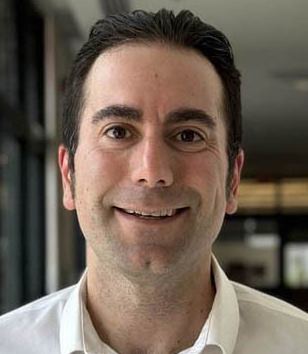
Living labs are a huge part of EUC’s makeup. “The ability to gather your own data, rather than reviewing someone else’s data and getting outside the four walls of a classroom is a neat experience; not a lot of courses have this component to it,” says Patrick Mojdehi, laboratory technician/field course support, EUC. “Some challenges include not always having a roof over your head and calm conditions, but you must prepare for these elements by having the right clothing, right mindset and right protection. Being adaptable and resilient is an important life lesson.
“I recall an experience where I was very cold, my hands were in the freezing cold water, but we still took the samples and got the work done. We felt better for it and since we were there with colleagues, we made those types of friendships where you collaboratively experience those hardships together.”
Mojdehi has over a decade of technical experience in environmental geoscience; and is capable of conducting various research experiments, report writing and sampling methods and design.
Mojdehi believes that experiential education (EE) is fundamental to a student’s education. “I think that students should really get to it, do it and experience it. Once you go through some type of EE experience, you fall in love with it. It’s very rewarding.”
As for the career readiness and employment EUC provides, EE offers a challenging yet meaningful experience. “There is a huge paradigm shift these days towards experience and hands-on learning. Having this experience on your resume is beneficial because in terms of physical geography and environmental sciences, companies are doing the same on a larger, more repetitive scale,” Mojdehi explains.
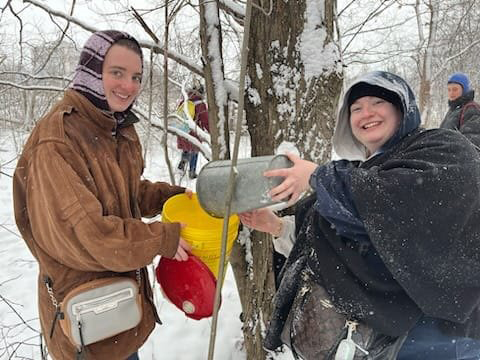
With the advent of the COVID-19 pandemic and how that changed science practices, Mojdehi sees a need for science students in EUC complementing their online research with online resources. He says, “Since things are always changing and adapting, I do see it going this way. We’ve used census data and satellite imagery data in the past; which are a type of old open educational resources (OER), where we make digital maps.”
Moe Clark, a Métis multidisciplinary artist who held a guest workshop in ENVS 1100 The Land We’re On: Treaties, Art and Environment, says that her work is grounded in environmental soundscapes, spoken word poetry and experiential learning. Clark explains, “The innate power of video and the visual realm are at the frontlines of social and political movements as they communicate directly to convey story and transmit understanding.
“One example during the workshop I presented includes Anishinaabe writer, poet and activist Leanne Betasamosake Simpson’s piece How to Steal a Canoe. In her video, she used her ancestral tongue, Anishinaabemowin, to speak about power, kinship relationships and the process of locating ourselves. The repetition within her spoken text included images of water as earth blood, used to nurture a dried-out birch bark canoe. I invited students to consider the images and coded symbolisms within their writing and demonstrated how Simpson codifies her work through re-matriation (repatriation) practices of Land Back from an Anishinaabe Kwe perspective.”
Betasamosake Simpson’s poem was complemented with vivid animations by Amanda Strong. “Strong is a Métis animator based in Vancouver. Her visual language offered examples of ways to weave these living metaphors within the cellphim realm to underscore land acknowledgements. Land acknowledgments then become more than a concept; they become a sensory experience of place.”
In her workshop, Clark encourages her students to consider how relationships are dynamic and living, explaining, “They should be wary of placing any relationship, any understanding of power, of treaty relations or of land claims or land title as a past thing. I want to ensure students are upholding and uplifting their roles as allies, as immigrants, refugees and settlers and they are improving how they build and maintain relationships.”
EUC aims to create meaningful experience for its students that are different, unique and rewarding, equipping them to become career ready, and become critically and creatively engaged as future changemakers in this time of unprecedented environmental change.



